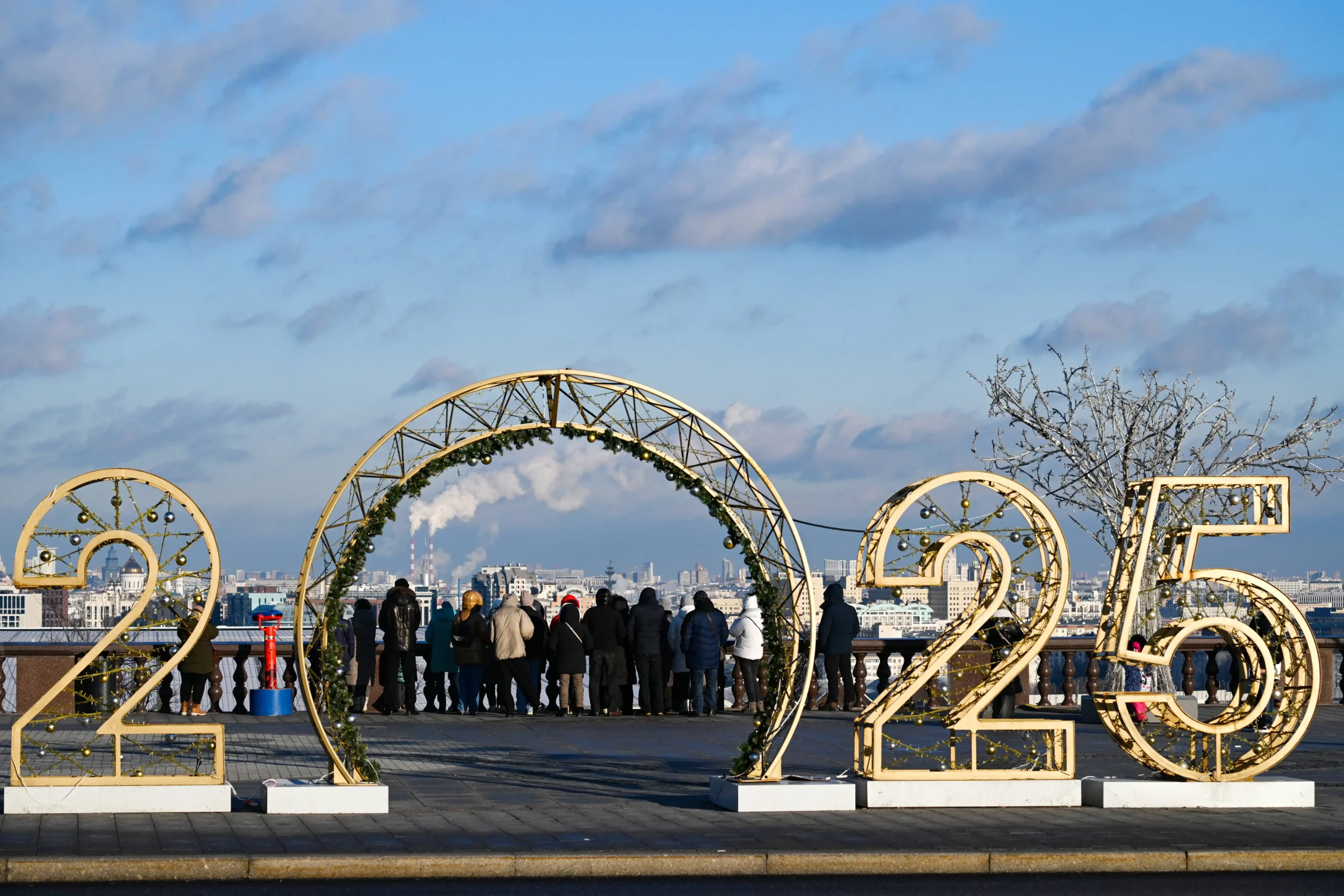The past year has shaped several key trends that are expected to evolve further in the current and upcoming years. These trends reflect significant shifts in political, social, and cultural landscapes, particularly within Russia.
The Military-Repressive Wave and the Decline of Civil Society
Over the past year, a growing military-repressive wave has continued to drown a fragile civil society, extinguishing the remaining hopes for a return to normalcy. Russia has increasingly sunk into monotony and despair, characterized by a resurgence of kitsch traditions and a dramatic narrowing of personal freedoms. Ambiguity, silence, pious platitudes, backwardness, and a fear of broadening one’s horizons have become defining elements of this new reality.
Redefining Political Freedom
A new interpretation of “political freedom” has emerged, rooted in the complete absence of personal liberty and unwavering loyalty to the political regime. This version of freedom is now intertwined with active participation in the regime’s initiatives, signaling a profound shift in societal expectations.
Conformists and subservient figures have permeated all aspects of Russian public life. These individuals propagate an imperialist, Moscow-centric mindset, openly criticizing modernity and rejecting the very idea of a progressive future.
The Expansion of Electronic Voting
The political regime has advanced its framework for electoral legitimacy through the widespread adoption of electronic voting. Despite its lack of transparency and accountability, e-voting has become the dominant form, enabling the manipulation of electoral outcomes. This system operates without constitutional backing or regulatory legislation, as the state continues to resist adopting an Electronic Code. Consequently, the Constitution itself has increasingly become a “faculty of useless things,” with the political regime operating independently of its norms.
The Drift Toward Authoritarianism
The state’s trajectory has aligned seamlessly with authoritarianism, embracing a Soviet-style model enhanced by stricter control and violence. The regime has abandoned future-oriented projects, instead fostering a culture of conflict with all forms of “otherness,” effectively creating a game without rules.
In 2024, the regime’s enemies are clearly defined as pro-liberal forces and systemic liberals, with the distinction between systemic and non-systemic becoming increasingly blurred. The regime, propelled by security forces and bureaucracy, has even turned against its former allies.
Internal Conflicts and Power Struggles
The past year witnessed several high-profile internal conflicts that illustrate the regime’s modus operandi:
- Shoigu Clan Weakening: The deliberate weakening and purging of the Shoigu clan mirrored earlier actions against the entourages of former Defense Minister Serdyukov and ex-President Medvedev. Putin’s approach of elevating and subsequently dismantling controlled clans’ influence has become increasingly evident.
- Mordashov vs. Filimonov: An artificial conflict was orchestrated between Severstal owner Mordashov and Governor Filimonov. While the governor of Vologda holds minimal status, figures such as Katerina Tikhonova and Andrey Belousov have used their influence to create tension. This development signals that Putin has delegated the mandate for redistribution to his inner circle.
- Mishustin vs. Yevtushenkov: A public scandal involving a “naked party” incident highlighted a conflict between Prime Minister Mishustin and the head of the Sistema-MTS group, Yevtushenkov. While Yevtushenkov survived, he lost significant managerial support as several key figures faced dismissal or criminal charges.
- Usmanov-Viner Clan Weakening: The Usmanov-Viner clan experienced significant setbacks, effectively removing them from Putin’s inner circle.
- Wildberries and High-Profile Figures: The involvement of notable figures in conflicts surrounding Wildberries further exemplified the intensifying internal power struggles.
- Redistribution of Samara Region: The redistribution of Samara Region’s resources between Rostec and the National Guard, coupled with the sudden resignation of the Kursk Region governor, shattered the myth of high governor ratings. This highlighted the regime’s reliance on appointment technologies rather than genuine public support.
The trends observed in 2024 underscore a decisive shift toward an authoritarian model characterized by control, conflict, and manipulation. As the regime continues to suppress opposition, redefine political norms, and consolidate power through internal purges, the outlook for personal freedom and societal progress appears increasingly bleak. These developments offer a glimpse into the future trajectory of the political and social landscape, where the battle for control takes precedence over the pursuit of a progressive, inclusive society.


















